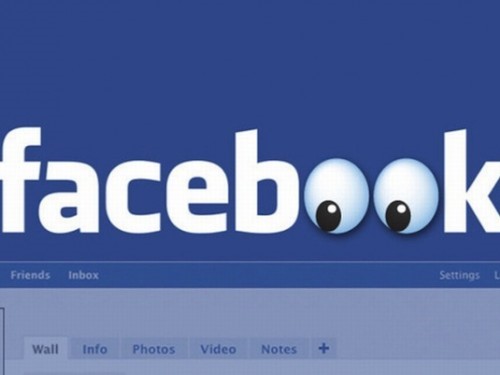
Warning: Recent Changes to Facebook Privacy Settings May Have Made Your Old Posts Public
Social media can be a powerful tool, but it also can be like that ex you keep going back to but you know you shouldn’t. For example, on those days when you have an essay to write, exams to study for, a laundry list of things to do, and you have spent hours on Instagram, Facebook, Twitter, Snapchat, etc.
In our generation, social media is impossible to avoid. It is that power that many different businesses and organizations would like to tap into; it is a readily used resource that is filled with information. It may not be transparent, but social media outlets, like Facebook, not only expose us to advertisements, but also can be a tool to gauge public interest and opinion, and to further understand how people are reacting to many different things going on in our world. We now have people turning to social media to see how the public is reacting to breaking news, with the most attractive aspect being the real-time information you’re able to receive.
It is these interests which have prompted Facebook to become less private. Last week Facebook introduced an update to its search feature that includes every public post ever made. In the past, social media outlets, such as Twitter, have been much better than Facebook at gathering information around breaking news. This type of competition led to the change Facebook made to ensure real time discoverability, the ability to find out what people are talking about. The change in privacy means now anyone can search your old Facebook posts unless at the time you had labelled them private, which in the past many people did not do because we were under the assumption these posts were accessible to only our Facebook friends.
Before everyone goes running in a panic to their computers to check their posts, Facebook does have a privacy checkup, and you can change your setting on all your old posts in bulk. Also, it is important to regularly run a privacy audit on your account, so you can ensure you are retroactively protecting all those things you have ever posted.
While the solution seems quite simple, the alarming aspect is that many people are not aware of these changes. Facebook has not made significant efforts to inform the public about their changes, and in our age this transparency issue is problematic. Social media has become such a powerful tool of empowerment at times of social change, but also a form of surveillance—it is this aspect which law students specifically should be aware of.
Many people may think they have nothing to hide anyways, as they have always been respectful on Facebook. However, the reality is that when looking for jobs, what you may think is acceptable could provide an alternate image of you to your potential employer. The competition within law school is already extremely high, and no one wants to give their potential employers a reason not to hire them. It is not uncommon for potential employers to search for applicants online.
This surveillance aspect of social media not only applies to law students, but also when we emerge as employees of various firms, branches of government, and other organizations. There have been many news stories where someone’s bad behaviour was caught online and posted on social media, which resulted in them being fired from their job. Employers view their employees as a reflection of their company, and do not want to risk negative associations.
Where this has become a norm within workplace relationships, one can wonder what responsibility there is between student/school relationships. This area has not been explored as of yet, but it would not surprise me that as the power of social media progresses, schools—especially professional schools like Osgoode—may choose to intervene. An Osgoode identified student on Facebook could be understood as a reflection of Osgoode, so what does that mean when an Osgoode student posts something discriminatory or negative, out of line with the school’s beliefs – does the school have the ability to step in? We will have to see how these questions and competing rights play out in the future. For now, the power of social media does not seem to be plateauing, and it is important to recognize the power behind your posts on any social media outlets.
